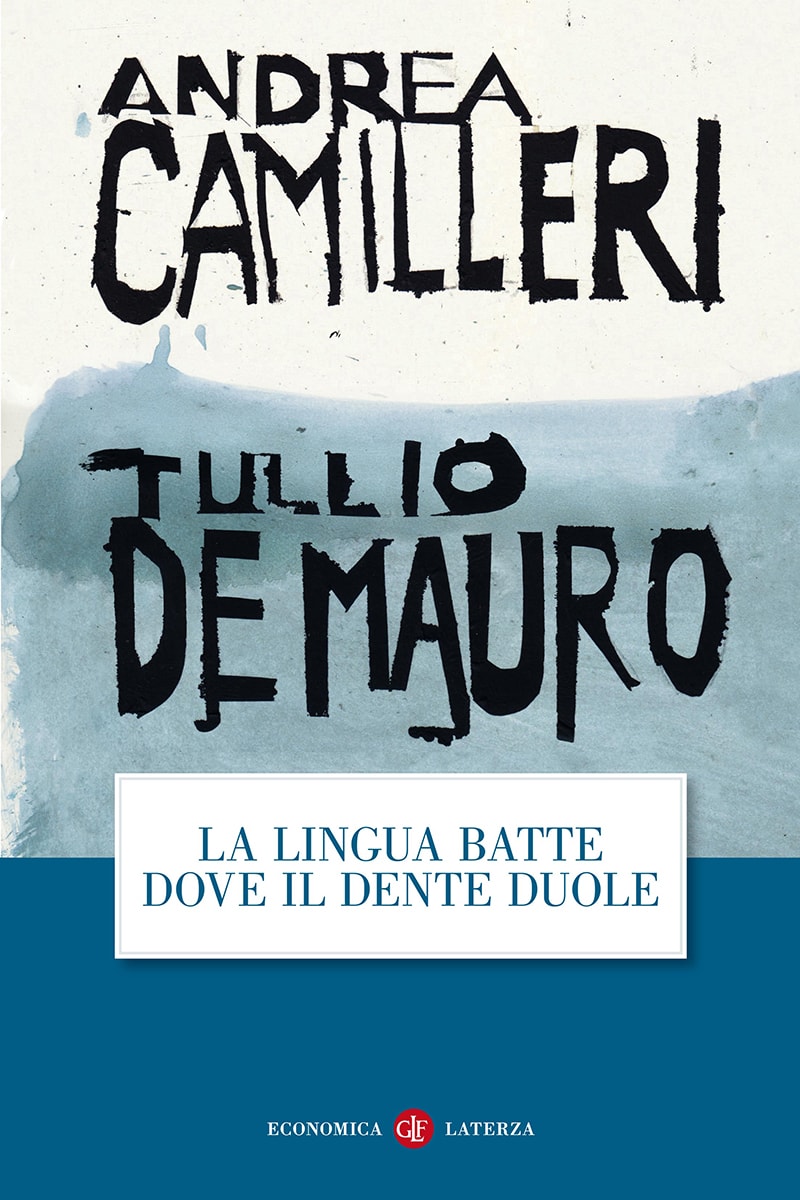
Pages: 132
Series: EL
ISBN: 9788858115619
The Tongue Ever Turns to the Aching Tooth
A divertissement in the form of a conversation between the celebrated author and creator of Inspector Montalbano, who catapulted the Sicilian language into mainstream literature, and Italy’s best-known scholar of linguistics; what is language and what is dialect, what do we express with one and what with the other?
In a series of reflections, anecdotes and memoirs, featuring Manzoni and Gassman, Pasolini and Commissioner Montalbano, Benigni and Pirandello, little-known primary school teachers of the Kingdom of the Two Sicilies and an unspecified number of men and women – Venetians and Lombards, the inhabitants of Piedmont and Basilicata – Camilleri and De Mauro reveal how language expresses the identity of each one of us.
“The fact of the matter is that dialect is not just the language of emotions. I realised this right there in Sicily, as a non-Sicilian, when I arrived as a university professor and was welcomed by the families of Sicilian colleagues. The year was 1964. When we were at dinner (they were all extremely hospitable), we would start out in Italian, in the sense that everyone would speak in Italian. But as soon as the debate heated up – and when Sciascia was there this happened frequently – and we maybe moved on to politics, they would suddenly switch linguistic register. One by one they would slip into dialect and forget to use Italian. When talking about more challenging intellectual topics, the men would use dialect. Not so the women – already in 1964 women spoke Italian to each other about any argument at all, even the ones who knew dialect. But still today, in Venice as in Palermo, whenever discussions turn serious dialect is used. For fluent Italian speakers, the switchover is not a slip of the tongue. The slide into dialect is not an emotional one…”
Reviews
-
La lingua batte dove il dente duole
Il dialetto rinasce perché non è mai morto
di Paolo di Stefano


















